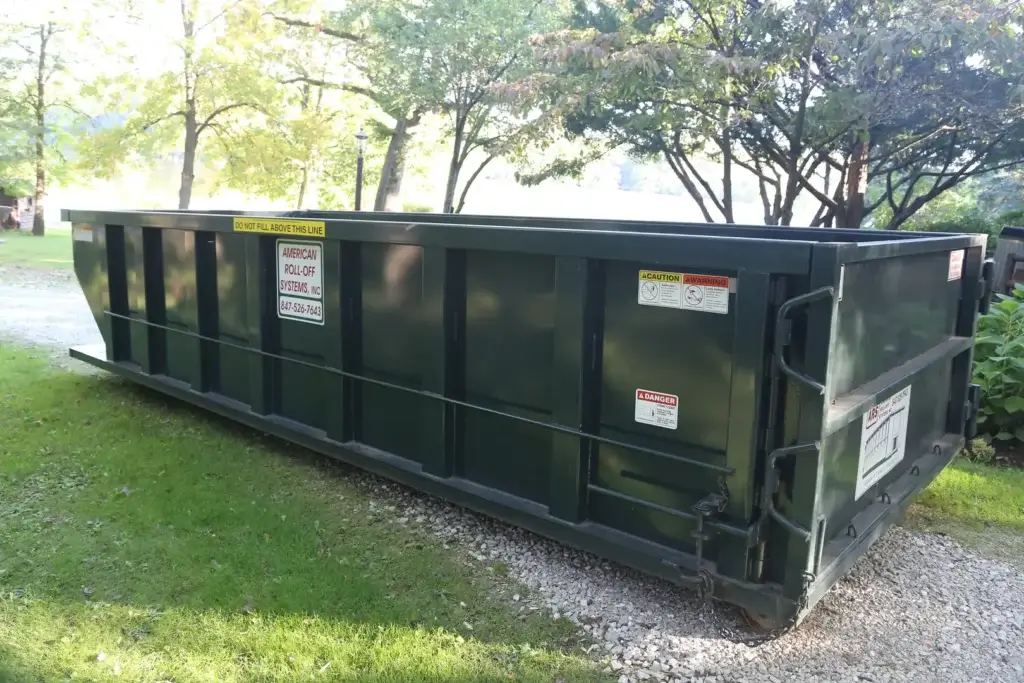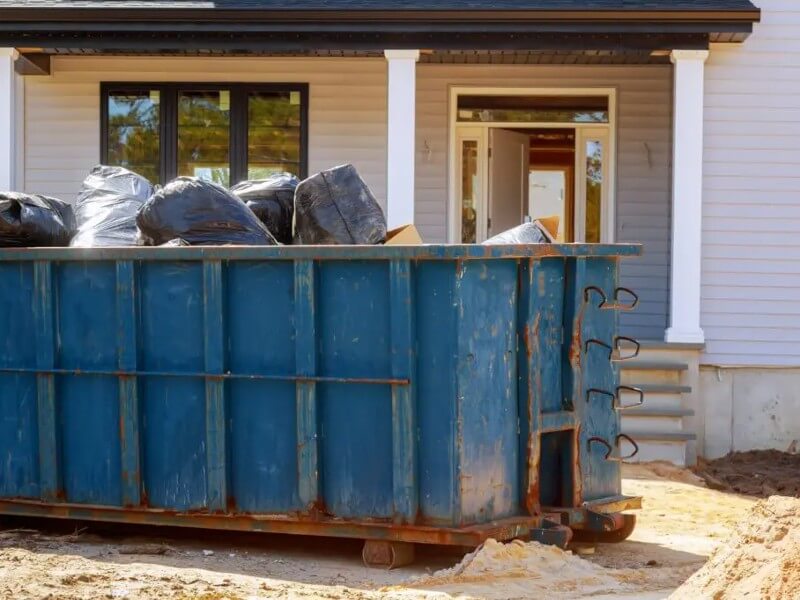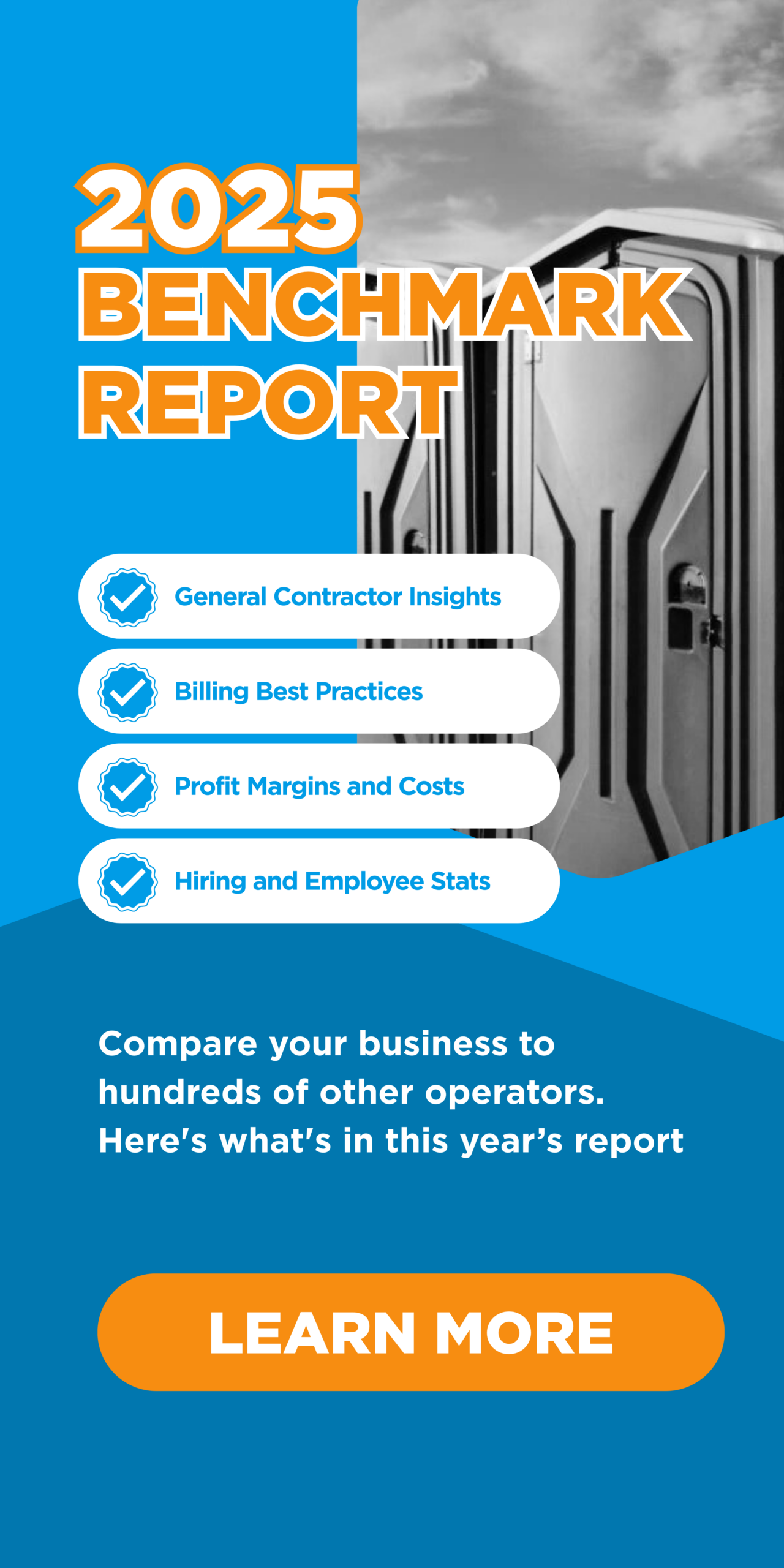Safety Protocols for Roll-Off Dumpster Operations
Ensuring safety in the roll-off workplace is paramount, especially in industries where physical operations take place. Among these industries, roll-off dumpster operations stand out. This line of work, while invaluable, carries with it potential hazards that can’t be ignored.
Importance of Safety in the Roll-Off Dumpster Industry
In the world of roll-off dumpsters, the stakes are high. The task isn’t merely about hauling trash. It’s about protecting people – both the workers and those around the operational sites. Mishaps not only lead to personal injuries but can also result in significant financial losses and damage to the company’s reputation.
Safety isn’t a checkbox. It’s a commitment.
- Protection from Injury: One small oversight can lead to accidents. Be it a sharp object, heavy machinery, or hazardous waste, every aspect demands careful handling.
- Efficiency in Operations: A safe environment reduces disruptions. Fewer accidents mean smoother operations and happy clients.
- Company Reputation: Word travels fast. Regular safety incidents can tarnish a company’s image, making it hard to gain clients’ trust.
Potential Risks Without Proper Protocols
While the demand for roll-off dumpsters grows, the risks loom larger for those not following safety protocols. The machinery is heavy, the waste unpredictable, and the terrains sometimes challenging.
- Injury Risks: The most apparent risk is physical harm. In the absence of guidelines, workers can get injured, sometimes severely.
- Environmental Hazards: Incorrect disposal or handling of waste can lead to environmental issues, affecting communities at large.
- Legal Consequences: Failing to adhere to safety standards can result in legal penalties. These can range from fines to the shutting down of operations.
Understanding the significance of safety in roll-off dumpster operations is the first step. Up next is equipping oneself with the right tools, knowledge, and protocols to ensure that every operation runs smoothly, efficiently, and safely. After all, the goal is to get the job done without any hitches, ensuring everyone goes home safely at the end of the day.

Proper Equipment and Gear for Roll-off Dumpster Operations
Ensuring safety isn’t only about knowing what to do; it’s also about having the right tools and equipment. In roll-off dumpster operations, specific gear is vital to minimize risks and ensure the job gets done without any hitches.
Suitable Attire for Workers
The attire workers wear plays a significant role in ensuring their safety. Here’s what we recommend:
- Safety Boots: Sturdy boots with steel toes protect feet from falling objects and sharp items. They also offer a good grip, essential when working on slippery surfaces.
- High-Visibility Vests: Given the size of the machinery and the constant movement, it’s crucial that all workers are easily visible. These vests ensure they stand out, reducing the chances of accidents.
- Durable Gloves: Handling waste often means dealing with sharp, hot, or potentially harmful objects. Durable gloves protect hands and reduce the risk of cuts and burns.
Safety Equipment Essentials
Having the right safety equipment on hand isn’t just good practice; it’s non-negotiable. Here are some essentials:
- Helmets: Protecting the head from falling objects is crucial, especially when loading or unloading waste.
- Safety Glasses: They protect the eyes from flying debris, dust, and other particles. Especially important if the waste contains chemicals or broken glass.
- Ear Protection: The operations can get loud. Earplugs or earmuffs help protect workers from potential hearing damage.
Maintenance Checks for Roll-off Dumpsters
The machinery’s condition is as crucial as the protective gear workers wear. A malfunctioning dumpster can be a safety hazard. Regular checks are necessary to:
- Ensure Brakes are Working: A roll-off dumpster that can’t stop is a danger to everyone on site.
- Check for Structural Damage: Wear and tear are expected, but any significant damage should be addressed immediately.
- Ensure Hydraulics are Functioning: The lifting mechanism needs to be in top shape to prevent sudden drops or failures.
Remember, having the right gear isn’t just about compliance; it’s about ensuring that every worker, from the driver to those on the ground, is protected. When everyone’s equipped properly, the entire operation runs smoother, safer, and more efficiently. Safety, after all, is always the best investment.
Safe Loading and Unloading Practices in Roll-off Dumpster Operations
In the realm of roll-off dumpster operations, few activities present as many potential hazards as the act of loading and unloading waste. Ensuring that these actions are carried out safely is paramount not only to the well-being of the staff but also to the efficiency and reputation of the business. Here’s a concise guide to maintaining safety during these crucial operations.
Preparation is Key
Before a single piece of waste is moved, preparation should take precedence.
- Clear the Area: Ensure that the loading/unloading zone is free from unnecessary equipment, bystanders, or other obstacles. A clutter-free zone reduces the chances of mishaps.
- Check Ground Stability: The surface where the dumpster is placed should be firm and level. This prevents the dumpster from tipping or rolling unexpectedly.
Know the Dumpster’s Limits
Overloading is a common error but can have dire consequences.
- Stay Within Weight Limits: Every roll-off dumpster has a weight limit. Overloading can cause structural damage to the dumpster and increase the risk of accidents during transportation.
- Even Distribution: When loading, ensure waste is distributed evenly. An uneven load can make transportation hazardous.
Use the Right Tools
Sometimes, hands aren’t enough. Especially for larger items or dense waste.
- Leverage Equipment: Use machines like forklifts or pulleys when dealing with heavy items. Always ensure the equipment is in good working condition.
- Avoid Manual Lifting: When possible, avoid manual lifting, especially for heavier items. If manual lifting is necessary, always employ safe lifting techniques: bend the knees, keep the back straight, and never twist while lifting.
Stay Vigilant During Unloading
Unloading might seem like the easier part, but it comes with its own set of challenges.
- Ensure Clear Communication: Those involved in the unloading process should be in constant communication, using clear signals or walkie-talkies if necessary.
- Monitor Dumpster Position: Keep an eye on the dumpster’s position during unloading, ensuring it remains stable.
Loading and unloading waste might seem straightforward, but the potential risks make it an activity that demands attention, care, and the right protocols. Prioritizing safety not only safeguards the team but also ensures the business’s operations remain smooth and incident-free.
Hazardous Waste Handling in Roll-off Dumpster Operations
Handling hazardous waste is perhaps one of the most critical tasks in roll-off dumpster operations. Given the potential harm to both humans and the environment, adopting rigorous safety protocols is non-negotiable. Let’s delve into the essentials of safely managing hazardous waste in this industry.
Identify and Separate
Recognizing hazardous waste is the first line of defense.
- Label Clearly: Every hazardous item or container should be clearly marked. This helps in easy identification and prevents accidental mishandling.
- Segregate at Source: Hazardous waste should never mix with general waste. Always ensure separate dumpsters or sections within dumpsters for hazardous items.
Use Appropriate Containers
Not all dumpsters are equal, especially when it comes to hazardous waste.
- Choose Resistant Materials: Containers holding corrosive or reactive waste should be resistant to the materials they store. This prevents leaks and spills.
- Ensure Sealing: Containers must be tightly sealed to prevent leakage, especially for liquid waste. Periodically inspect for any signs of wear or damage.
Wear the Right Protective Gear
Personal Protective Equipment (PPE) is a must when dealing with harmful substances.
- Full Coverage: Depending on the type of waste, use gloves, goggles, face shields, and full-body suits. This minimizes direct contact.
- Regular Training: Continuously train staff on the proper use, maintenance, and disposal of PPE.
Safe Transportation
Moving hazardous waste requires extra care.
- Avoid Overloading: Just as with regular waste, avoid overloading dumpsters with hazardous materials. This reduces the risk of spills during movement.
- Emergency Kits: Always have emergency spill kits on hand when transporting hazardous waste. A quick response can reduce the impact of any accidental spills.
Disposal Compliance
Finally, disposal of hazardous waste isn’t as simple as dumping it.
- Follow Regulations: Each state or municipality may have specific guidelines for disposing of various hazardous materials. Always stay compliant.
- Partner with Specialized Facilities: Ensure that the final disposal occurs at facilities equipped to handle hazardous waste safely and effectively.
In summary, when dealing with hazardous waste in roll-off dumpster operations, heightened vigilance, adequate training, and strict adherence to safety protocols are vital. It not only protects the staff and environment but also shields the business from potential legal and reputational pitfalls.

Training and Regular Safety Audits in Roll-off Dumpster Operations
Equipping teams with the right knowledge and consistently evaluating safety protocols are paramount in ensuring a hazard-free work environment in roll-off dumpster operations. Let’s explore the significance of training and the role of safety audits.
The Power of Training
Proper training isn’t just about showing staff the ropes—it’s about instilling a safety-first mindset.
- Comprehensive Induction: Every new team member should undergo a thorough training session before starting. This ensures they understand the risks and the procedures associated with roll-off dumpster operations.
- Refresher Courses: Regular refresher training sessions help reinforce safety protocols, introduce updated procedures, and correct any deviating practices.
- Specialized Training: Handling hazardous waste or operating specific equipment might require specialized training. Ensure that staff tasked with these responsibilities are adequately trained and certified if necessary.
The Role of Safety Audits
Routine safety audits act as the backbone of a continually safe roll-off dumpster operation.
- Scheduled Checks: Regularly scheduled safety audits can identify potential risks before they become hazards. These should be thorough and cover all aspects of the operation.
- Surprise Audits: Unscheduled safety checks can provide a more accurate picture of everyday operations and can help identify lapses that might go unnoticed during scheduled audits.
- Feedback Loop: After each audit, gather the team to discuss findings. This fosters a culture of continuous improvement and ensures everyone is on the same page regarding safety standards.
- Documentation: Maintaining records of every audit helps track improvements over time, highlights recurring issues, and provides a reference for future training sessions.
Prioritizing Safety in Roll-off Dumpster Operations
In the bustling world of roll-off dumpster operations, safety often sets successful businesses apart from the rest. While ensuring prompt service and client satisfaction are essential, prioritizing safety guarantees the longevity and reputation of a business. Through diligent adherence to safety protocols, regular training, and consistent safety audits, roll-off dumpster businesses not only protect their workforce but also instill trust among their clientele. At the end of the day, a commitment to safety translates to a commitment to excellence, ensuring a brighter, more prosperous future for both the industry and its stakeholders. Safety isn’t merely a guideline—it’s the heart and soul of dependable operations.
FAQs on Safety Protocols for Roll-off Dumpster Operations
1. Why are safety protocols essential in roll-off dumpster operations?
Safety protocols ensure the well-being of employees and protect businesses from potential liabilities. They also instill confidence in clients, knowing that the service they’re getting adheres to high safety standards, reducing risks and potential damages.
2. What equipment is considered essential for ensuring safety in roll-off dumpster operations?
Hard hats, high-visibility vests, steel-toed boots, gloves, and safety goggles are among the basic gear essential for employees. Additionally, equipment like rear-view cameras on trucks, safety signage, and spill kits can be crucial depending on the job’s specifics.
3. How can roll-off dumpster operations ensure safe loading and unloading?
Safe loading and unloading can be achieved by ensuring clear communication between team members, using spotters when reversing trucks, adhering to weight limits, distributing weight evenly within the dumpster, and ensuring no overhang of materials.
4. Are there specific protocols for handling hazardous waste in roll-off dumpsters?
Yes, handling hazardous waste requires additional precautions. Containers should be correctly labeled, and the waste should be segregated according to its type. Employees handling hazardous waste might also need specialized training and equipment, and the disposal should adhere to local regulations.
5. How often should roll-off dumpster operations conduct safety audits?
While the frequency can vary based on the size and specifics of the operation, a general recommendation is to conduct thorough safety audits at least quarterly. Additionally, surprise audits can be beneficial for getting a genuine glimpse into daily practices.



